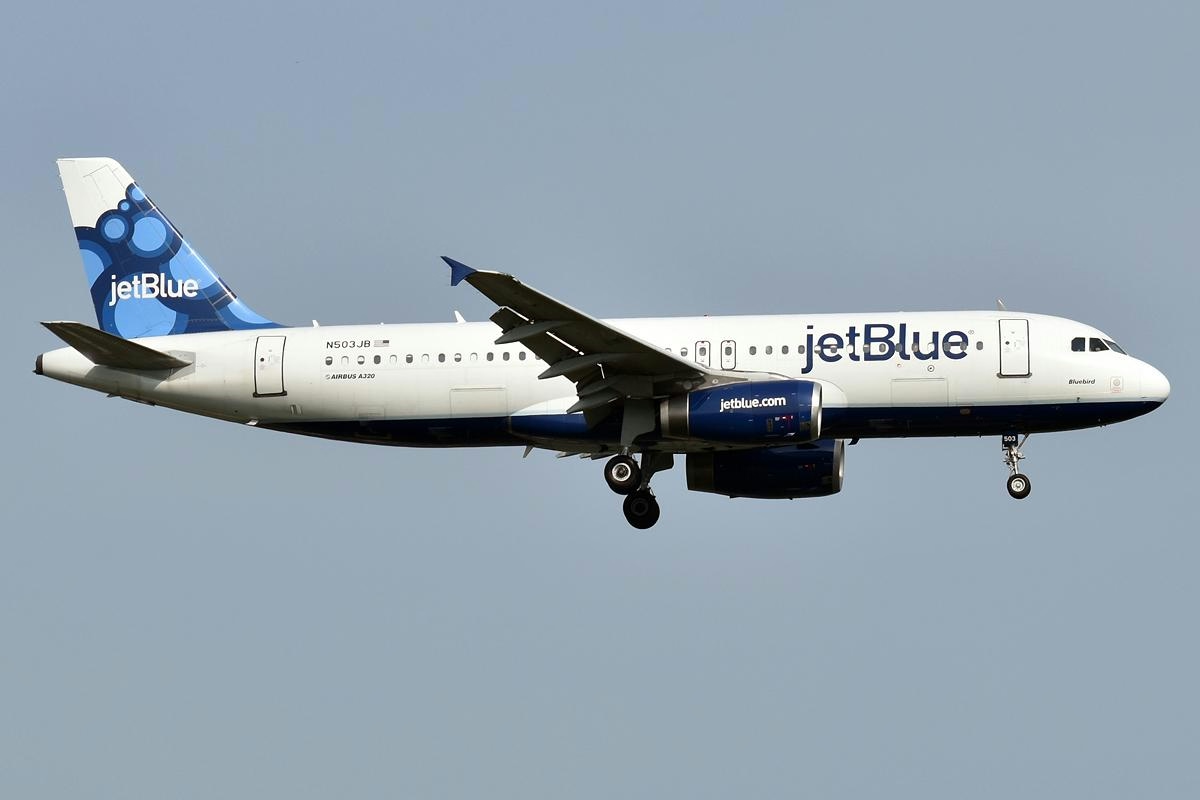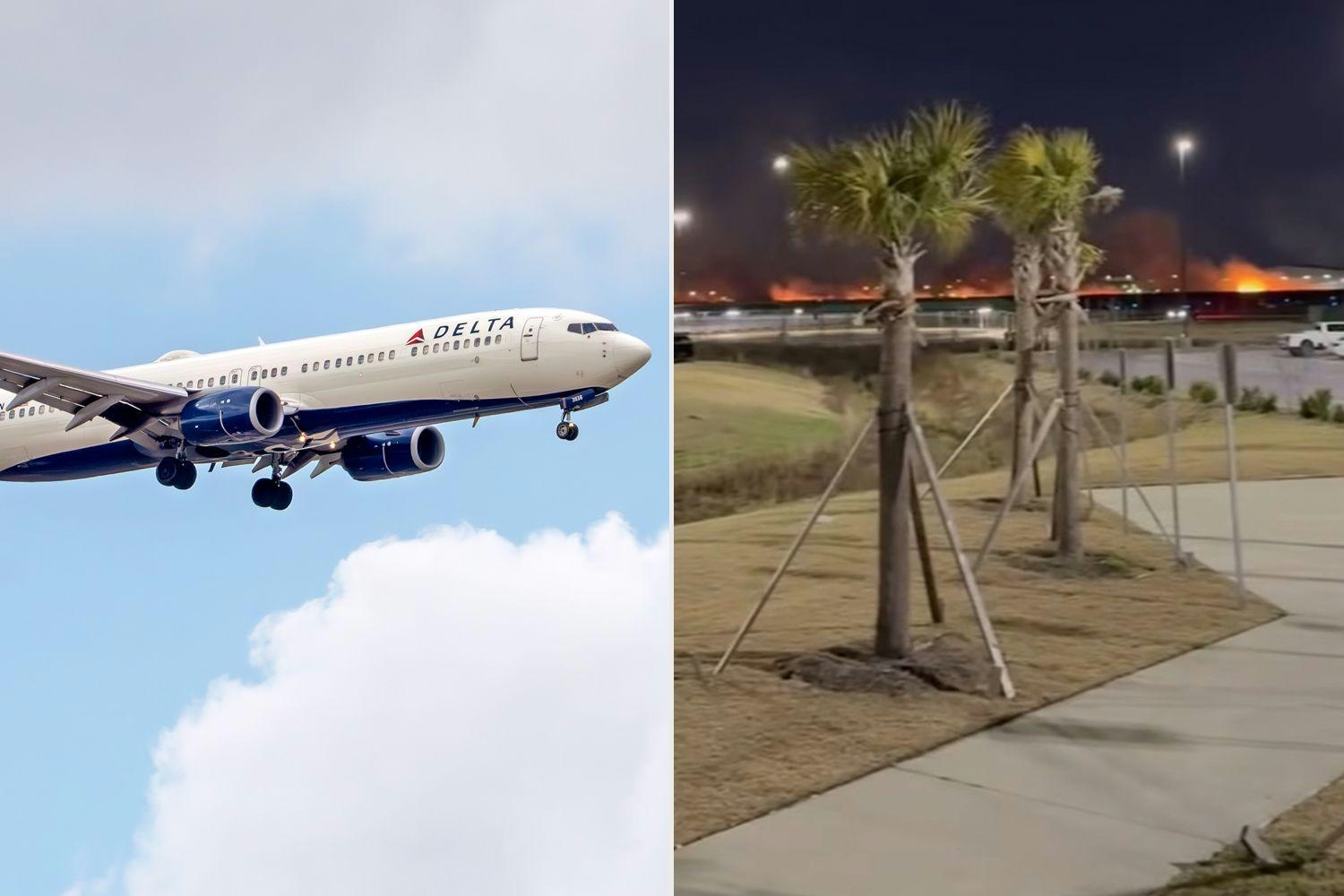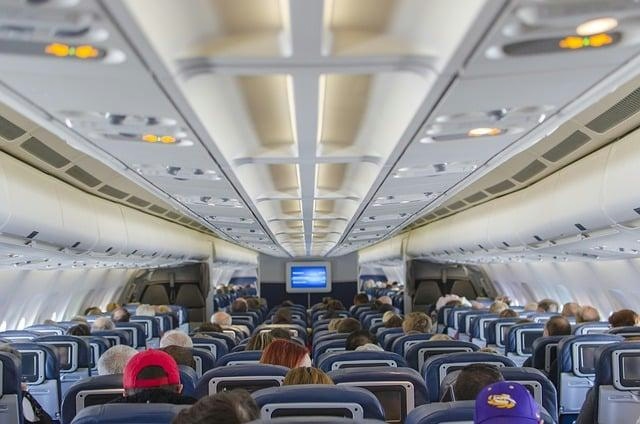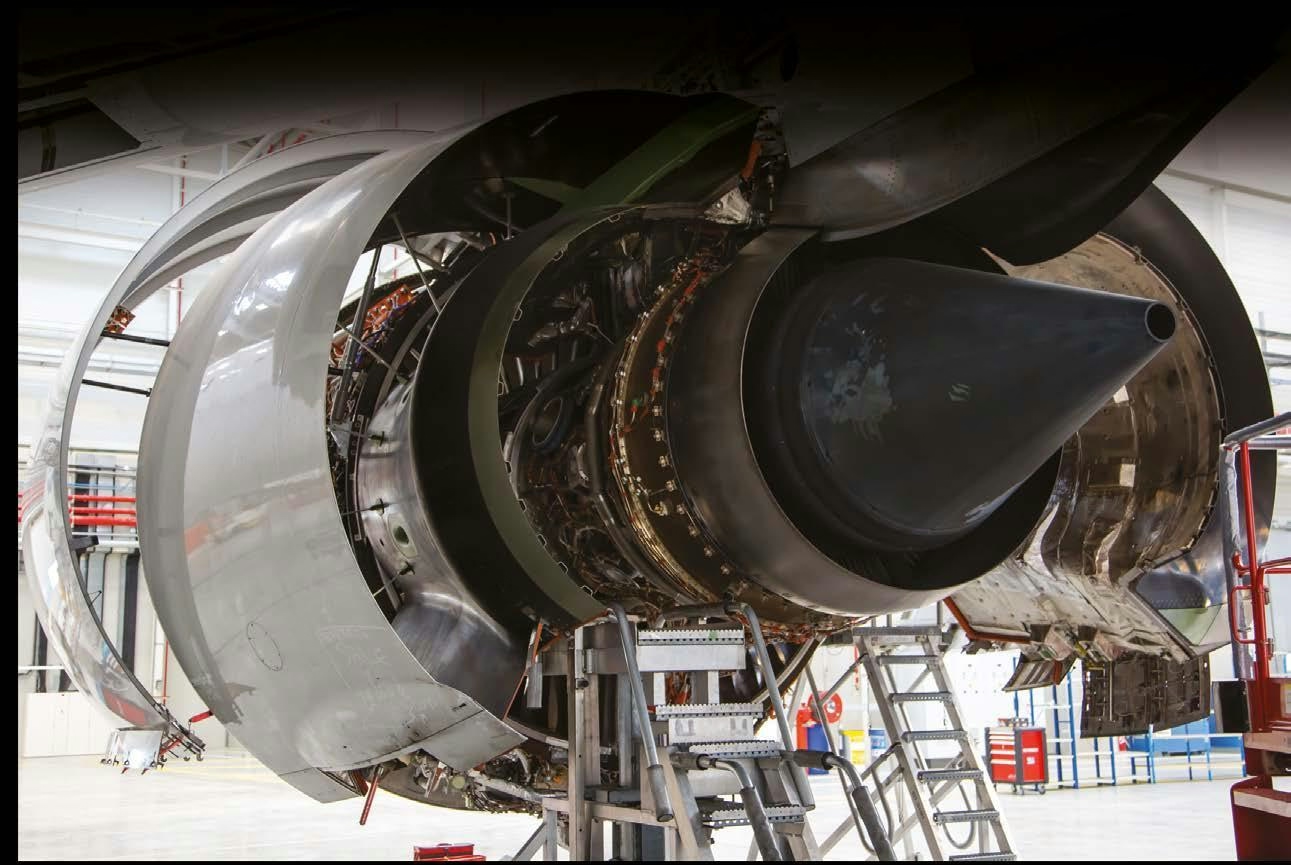AeroGenie — Uw intelligente copiloot.
Trending
Categories
JetBlue Flight Makes Emergency Landing at JFK After Engine Failure

JetBlue Flight Makes Emergency Landing at JFK After Engine Failure
A JetBlue Airways flight carrying 167 passengers was compelled to make an emergency landing at New York’s John F. Kennedy International Airport last Wednesday following a severe engine failure. The incident not only disrupted travel for numerous passengers but also reignited concerns regarding airline safety and aircraft maintenance standards.
Mid-Flight Emergency and Safe Landing
The Airbus A320 had departed from Long Island MacArthur Airport in Islip, bound for Orlando, when approximately one hour into the flight, the crew reported a critical malfunction in one of the aircraft’s two engines. The failure occurred shortly after the 1:45 PM takeoff, prompting the pilot to declare an emergency and request an immediate return to New York. To reduce landing weight, the plane circled over Long Island to burn off fuel before safely touching down at JFK just over an hour after departure.
Upon inspection, ground crews discovered catastrophic damage to the affected engine, describing it as “torched” and nearly unrecognizable due to extensive heat damage. Despite the severity of the malfunction, all 167 passengers were evacuated swiftly and without injury. Emergency responders and ground personnel adhered to established safety protocols, and the aircraft was subsequently towed to a secure location for further examination. The precise cause of the engine failure remains under investigation by aviation authorities.
Disruptions and Broader Industry Implications
The emergency landing caused significant disruption for passengers, many of whom missed connecting flights and faced prolonged delays as JetBlue worked to arrange alternative travel options. The incident also contributed to cascading delays across JFK’s terminals, exacerbating congestion during an already busy travel period.
This event adds to a series of recent incidents within the airline industry involving engine malfunctions. Notably, United Airlines has experienced emergency landings linked to suspected engine failures, including a high-profile case at Dulles International Airport, alongside a technology issue that temporarily halted departures. These developments have intensified scrutiny over aircraft engine reliability and the operational resilience of major carriers, particularly during peak travel seasons.
JetBlue’s Response and Ongoing Investigation
JetBlue, in coordination with federal aviation authorities, has initiated a comprehensive investigation into the engine failure. The airline has committed to a thorough review of the affected aircraft and its maintenance procedures to mitigate the risk of similar incidents in the future. JetBlue has also issued advisories to passengers impacted by delays, providing information on rebooking and travel assistance.
As the investigation proceeds, the incident highlights persistent concerns about airline safety and reliability, with industry experts calling for reinforced maintenance and inspection standards to safeguard passenger well-being.

Cheongju Aeropolis Begins Construction on Aviation Maintenance Facility

West Star Aviation Expands Mid-Atlantic Presence with DCJet Services Acquisition

Lufthansa Technik Completes 1,000th Overhaul of P&W GTF Engine

Haven ASG Launches FBO at Amarillo International Airport

Archer Aviation Integrates NVIDIA’s IGX Thor into Air Taxi Systems

Pilatus Delivers 147 Aircraft in 2025 Despite Supply Chain Challenges

Boeing Jet Returns to Airport Following Engine Fire Warning

AENA Executives' Tactics Do Not Justify Fee Increases

Dr. Vladislav Apostolyuk Named CTO of Volz Servos

Setna iO Expands Teardown Portfolio with B737-700 and CFM56-7B
